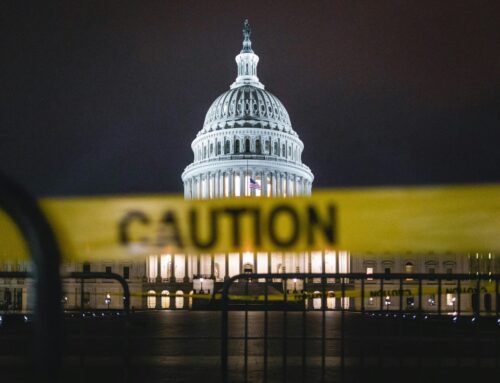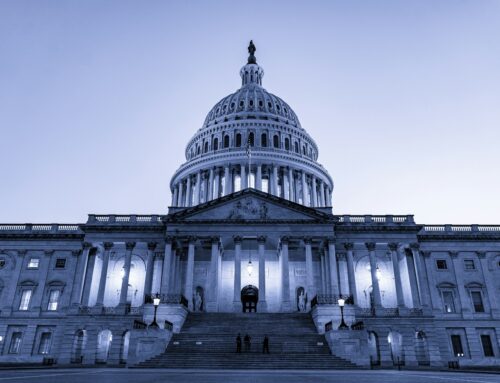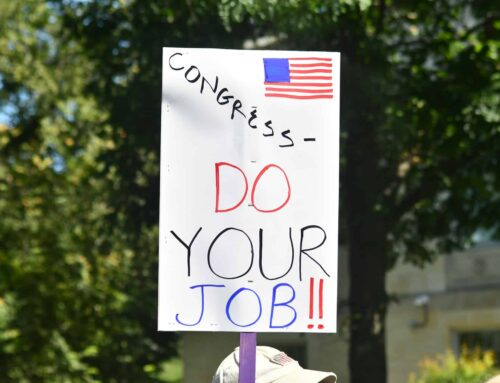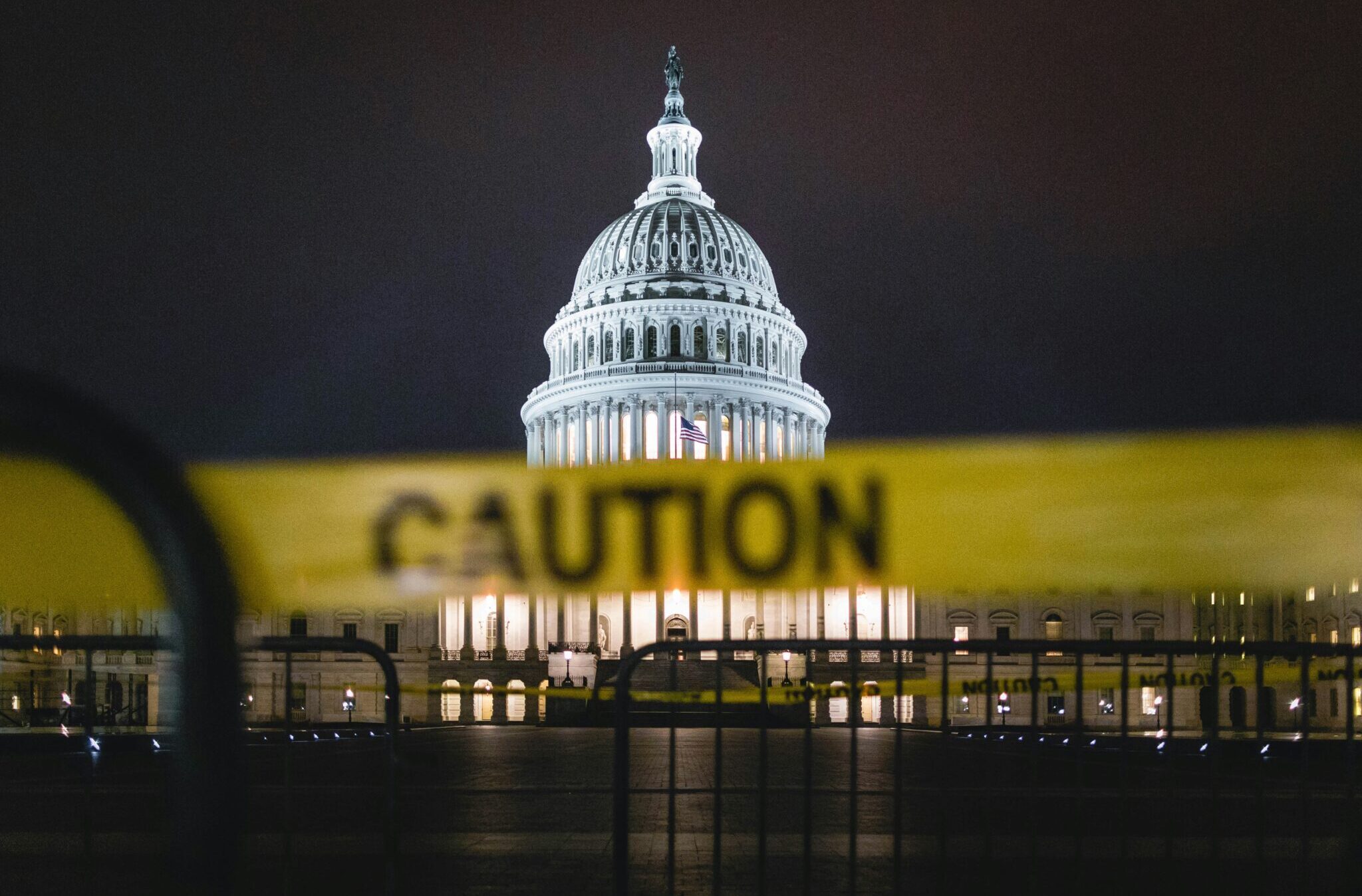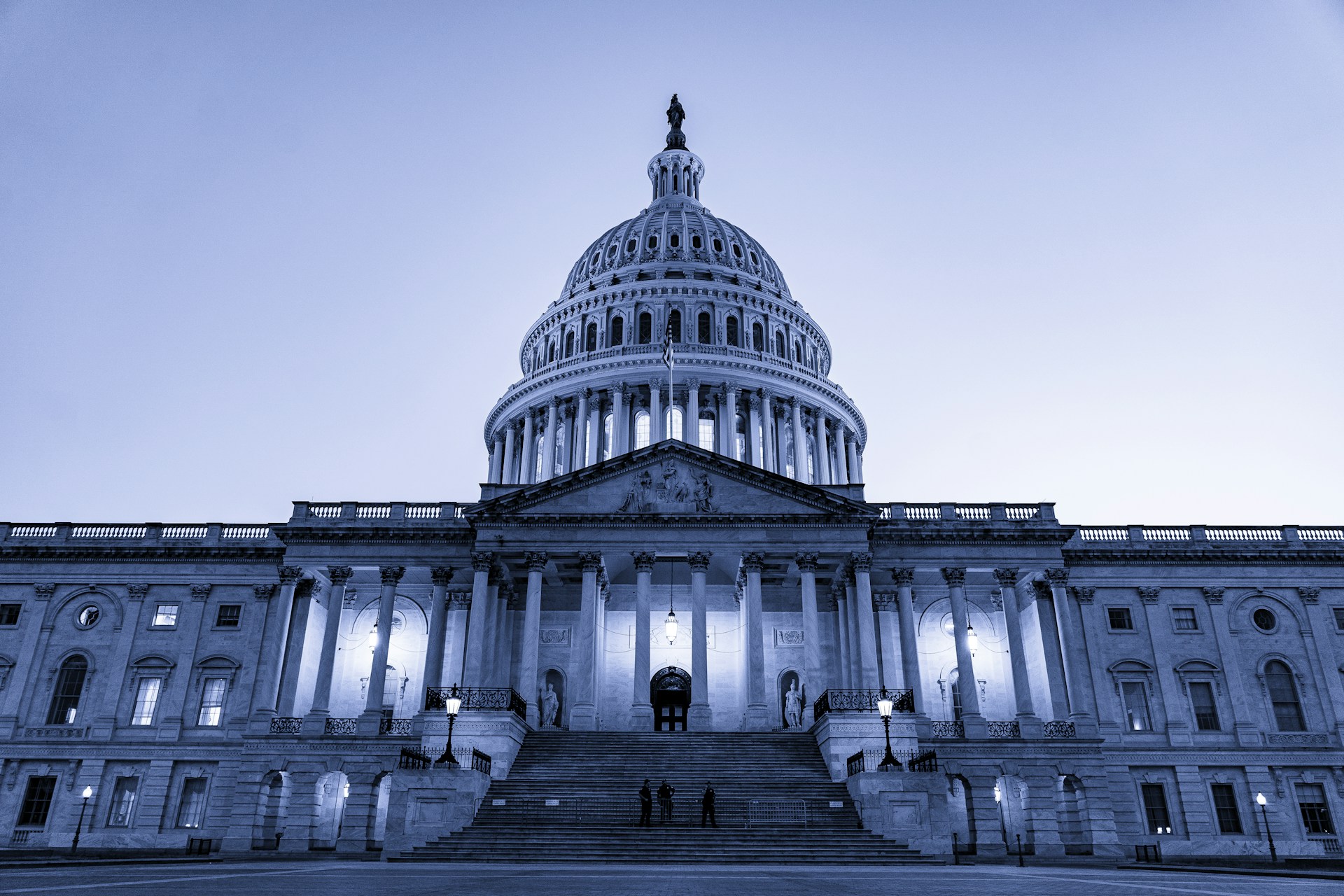Up is down and down is up on Capitol Hill. After taking a national tongue lashing for their refusal to cut back on their wasteful ways in the wake of Hurricanes Katrina and Rita, lawmakers are now trying to pass a massive budget bill in a desperate attempt to show the nation that they can slash spending. In the last few weeks, lawmakers have been patting each other on the back and making a whole lot of hullabaloo about how this bill will cut the federal budget and restore fiscal restraint to Washington.
But there’s just one problem: Congress’s budget bill will actually increase the deficit. Sure, the budget bill does have roughly $50 billion in cuts to mandatory spending – mainly to “unessential” items like student loans and children’s health care – but the bill also includes a reckless slate of subsidies to big corporations. For all their supposed fiscal discipline, lawmakers can’t seem to kick their pork addiction.
Many of our readers may not know what “budget reconciliation” is, since the last such bill was passed in 1997. Budget reconciliation is an optional process that Congress can use to make cuts to mandatory spending – which they don’t get to regulate during the annual appropriations process – and add revenue to the U.S. Treasury. But while reconciliation may be nirvana for opponents of entitlement programs, it leaves discretionary spending, like the unconscionable Bridges to Nowhere in Alaska, untouched. So in the end this “budgetary solution” doesn’t get to the root of the U.S.’s biggest fiscal problem: the huge heaps of pork that Congress funnels out to well-connected interest groups every year.
The budget bill’s not just about making cuts. For some members of Congress, it offers a great opportunity to push through controversial proposals that might otherwise be a hassle. Instead of going about the tiresome process of debating a new farm bill – the current bill is set to expire in 2007 – Senate Agriculture Committee Chairman Saxby Chambliss (R-GA) simply tacked on a four-year extension to the budget measure. This might make Sen. Chambliss’s life a little easier, but it will cost taxpayers roughly $60 billion. Same thing with provisions to ensure we’ll all have digital TV: supporters of the switch from analog to digital have secured $3 billion in taxpayer dollars so that the federal government can give Americans new set-top boxes. What a joke.
One of the worst handouts in the bill is a huge land giveaway orchestrated by Rep. Richard Pombo (R-CA). Billed as a “reform” of the 1872 Mining Law, Pombo’s proposal opens up millions of acres of public land for sale at bargain basement prices. Rep. Pombo says his proposal would raise a measly $500 million over the next five years, but it could cost taxpayers billions in lost royalties. With reforms like these, who needs reform?
Congress and the American public need to recognize that there’s a new set of welfare queens in town: big corporations. With their high-priced lobbyists and heaps of campaign cash, corporate interests are becoming increasingly skilled at using public disasters – whether natural or budgetary – for their own personal gain. Once again, lawmakers are all too happy to comply.

